Our Lady's Close
Upper Norwood
SE19 3FA
Religious Studies - VI Form
Subjects
-
Art - 6th Form List Item 2
-
New List Item Write a description for this list item and include information that will interest site visitors. For example, you may want to describe a team member's experience, what makes a product special, or a unique service that you offer.
Biology - 6th Form -
New List Item Write a description for this list item and include information that will interest site visitors. For example, you may want to describe a team member's experience, what makes a product special, or a unique service that you offer.
Business Studies - 6th Form -
New List Item Write a description for this list item and include information that will interest site visitors. For example, you may want to describe a team member's experience, what makes a product special, or a unique service that you offer.
Chemistry - 6th Form -
New List Item Write a description for this list item and include information that will interest site visitors. For example, you may want to describe a team member's experience, what makes a product special, or a unique service that you offer.
Computer Science - 6th Form -
New List Item Write a description for this list item and include information that will interest site visitors. For example, you may want to describe a team member's experience, what makes a product special, or a unique service that you offer.
Drama - 6th Form -
New List Item Write a description for this list item and include information that will interest site visitors. For example, you may want to describe a team member's experience, what makes a product special, or a unique service that you offer.
English - 6th Form -
New List Item Write a description for this list item and include information that will interest site visitors. For example, you may want to describe a team member's experience, what makes a product special, or a unique service that you offer.
Extended Project Qualification - 6th Form -
New List Item Write a description for this list item and include information that will interest site visitors. For example, you may want to describe a team member's experience, what makes a product special, or a unique service that you offer.
French - 6th Form -
New List Item Write a description for this list item and include information that will interest site visitors. For example, you may want to describe a team member's experience, what makes a product special, or a unique service that you offer.
Further Maths - 6th Form -
New List Item Write a description for this list item and include information that will interest site visitors. For example, you may want to describe a team member's experience, what makes a product special, or a unique service that you offer.
Geography - 6th Form -
New List Item Write a description for this list item and include information that will interest site visitors. For example, you may want to describe a team member's experience, what makes a product special, or a unique service that you offer.
History - 6th Form -
New List Item Write a description for this list item and include information that will interest site visitors. For example, you may want to describe a team member's experience, what makes a product special, or a unique service that you offer.
Latin - 6th Form -
New List Item Write a description for this list item and include information that will interest site visitors. For example, you may want to describe a team member's experience, what makes a product special, or a unique service that you offer.
Music - 6th Form -
New List Item Write a description for this list item and include information that will interest site visitors. For example, you may want to describe a team member's experience, what makes a product special, or a unique service that you offer.
Mathematics - 6th Form -
New List Item Write a description for this list item and include information that will interest site visitors. For example, you may want to describe a team member's experience, what makes a product special, or a unique service that you offer.
Physics - 6th Form -
New List Item Write a description for this list item and include information that will interest site visitors. For example, you may want to describe a team member's experience, what makes a product special, or a unique service that you offer.
Religious Studies - 6th Form -
New List Item Write a description for this list item and include information that will interest site visitors. For example, you may want to describe a team member's experience, what makes a product special, or a unique service that you offer.
Spanish - 6th Form
Religious Studies
Why choose Religious Studies?
- Religion is central to world history, society and human life. Religious Studies A level allows you to study the various philosophies and beliefs that underlie popular religions and helps you understand the perspectives and motivations of believers. There is a considerable element of philosophical thinking in the course.
- The study of religion can also give you a broader outlook on life and increase your skills in abstract thinking
- It can also complement other science subjects or humanities
- The specification offers an academic approach to the study of religion and is accessible to candidates of any religious persuasion or none.
What study skills do you need?
- A level Religious Studies is a highly engaging subject, and you can expect classes to involve a considerable amount of discussion and debate
- To get the most out of the subject, you must be willing to participate in these discussions, both sharing your own ideas and listening and respecting the views of others
- Alongside these skills, you need to have a keen interest in the subject, including a desire to broaden your knowledge and understanding of religion, philosophy and ethics, and the desire to develop your skills in critical thinking and analysis.
What are the aims of the course?
- The study of the Philosophy of Religion, Theology and Ethics seeks to encourage joined-up thinking shown in research, analysis and presentation skills
- You will develop skills of critical evaluation and analysis, which you will practise within discussions and in essay-writing
- It develops the ability to present, in written and verbal forms, logical chains of reasoning using evidence and sources of authority
- It allows for reflection on, and development of your own values, opinions and attitudes in the light of your learning.
GCSE requirements
At least a grade 7.
Course Content
The OCR examinations board specification for Religious Studies AS and A level are offered at The Laurels. Both the AS and A level have three components covering the subject areas of Philosophy of religion, Religion and Ethics and Developments in religious thought.
The A level components are:
- Philosophy of Religion: ancient philosophical influences; the nature of the soul, mind and body; arguments about the existence or non-existence of God; the nature and impact of religious experience; the challenge for religious belief of the problem of evil; ideas about the nature of God; issues in religious language
- Religion and Ethics: normative ethical theories; the application of ethical theory to two contemporary issues of importance; ethical language and thought; debates surrounding the significant idea of conscience; sexual ethics and the influence on ethical thought of developments in religious beliefs
- Development in Religious Thought: Christianity
Further education and career opportunities
There is no sphere of life that is not shaped by philosophical and religious ideas. The philosophical and religious elements of this course will allow you to develop your appreciation of the ethical controversies underpinning responses to issues within a wide range of university disciplines including Law, and Finance; Philosophy Politics Economics; Medicine (Ethics route); Communication and Media, and Psychology.
Students can go on to study a range of courses available at University including Theology, Philosophy and Ethics. Knowledge of other cultures and world religious beliefs can be useful in many jobs where you are working with the public or communities.
VI Form core Philosophy and Theology
All VI Form students undertake a carousel programme of philosophy and theology over two years with a focus on the relationship between faith and reason and the mutual connections between philosophy and religion. The course content responds to the needs of the VI form cohort and to the dynamic life of the Catholic Church, below are some examples of programmes offered:
Philosophy
The Religion, Ethics and Philosophy department is committed to educate students in the spirit of friendship and love, which has been the ideal of philosophy since ancient Greek times. Our students are strengthened not only in their commitment to the pursuit of knowledge and truth, but also to the lifelong practice of virtue as exemplified in the classical Greek concept of paideia. The course is designed to provide students with the philosophical concepts required to understand the world around them. Students study the basic tenants of the Aristotelian philosophy of realism with some exposure to primary texts such as Plato’s Apology of Socrates and The Euthyphro. They further engage in examining such metaphysical concepts as substance, accident and essence which form the basis of realist philosophical thinking, and undertake a course introducing them to ethical discourse and application.
Theology
Theology lessons seek to engage students in the rich catholic culture that has been passed down from generation to generation. Firstly, we aspire to give our students an intellectual education in the Catholic Faith and secondly, the encouragement to make a personal decision to follow Christ more closely. Theology lessons have regularly scheduled visits to the chapel and the opportunity to receive the Sacrament of Penance and participate in the Holy Mass.
Moral Theology
The purpose of this course is to teach the fundamental concepts and principles of morality to enable each student to apply this knowledge to the concrete circumstances of their lives. The students study, for example: Theology of the Body; Catholic teaching on marriage; the role of the family in society; and Catholic Social Doctrine. This course is taught in a natural law vocabulary to facilitate discussion of moral issues in a democratic society.
The life of Christ in St Mark’s Gospel
St. Mark paints a portrait of Jesus that is vivid, dynamic and focused on His miracles and His divine Sonship. Students examine the hidden themes that St. Mark employed, like a master composer, to orchestrate his magnificent work. This dazzling study looks beyond the Evangelist’s almost breathless account of Our Lord’s life to unpack the rich depth of spiritual treasures that lie just beneath the surface. As students uncover the fascinating background and amazing details of St. Mark’s Gospel, they will discover new insights and come to a new appreciation of the often-overlooked literary genius that enlivens his inspired words.
Related activities
- Essay competitions
- University of Cambridge: Faculty of Divinity – RE:view Cambridge Religion on Film
- Newnham Essay Prizes in Philosophy
- University of Sheffield: Secondary School Philosophy Essay
- In house Philosophy and Theology debates
- Invited Speakers
- Anscombe BioEthics Centre, Oxford
- Specialists in Theology & Philosophy
Get more information
Thank you!
Please try again later.
CONTACT US
020 8674 7229
enquiries@thelaurelsschool.org.uk
5 Our Lady's Close,
Upper Norwood, SE19 3FA
ABOUT
ACADEMICS


All Rights Reserved | The Laurels |
Web design by www.beardfish.co


